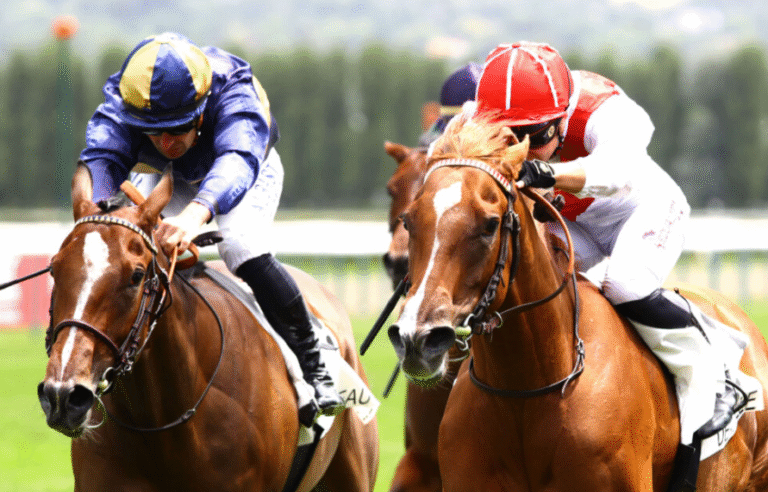Horse Racing Myths Debunked: What’s True and What’s Not
Horse racing is steeped in tradition, yet many widely held beliefs are rooted in myth. From the allure of lucky horseshoes to the search for a foolproof betting strategy, these notions often provide comfort rather than truth. Critical factors such as training, genetics, and health influence a horse’s performance far more than superstitions. As the complexities of racing unfold, it raises questions about what really matters in this captivating sport.
The Lucky Horseshoe: Fact or Fiction?
While many horse racing enthusiasts believe that a lucky horseshoe can influence a race’s outcome, the reality is more nuanced.
Equestrian folklore often celebrates lucky charms, but empirical evidence suggests that skill, training, and conditions play pivotal roles.
The horseshoe, while steeped in tradition, serves more as a symbol of hope than a tangible factor in racing success, challenging superstitions and highlighting rational perspectives.
See also: Horse Racing Legends: Famous Trainers and Their Horses
Race Day Superstitions: What Really Matters
Race day superstitions abound in the world of horse racing, influencing the rituals and behaviors of jockeys, trainers, and fans alike.
Jockey superstitions often manifest in specific race day rituals, such as wearing lucky colors or avoiding certain items.
While these practices may seem trivial, they reflect deeper psychological beliefs that can impact performance and create a sense of control in an unpredictable sport.
The Myth of the ‘Perfect’ Betting Strategy
Although many bettors believe in the existence of a ‘perfect’ betting strategy, the reality is that no method can guarantee consistent success in horse racing.
Various betting systems may claim effectiveness, yet outcomes remain unpredictable. Factors such as horse performance, track conditions, and even luck play significant roles, highlighting that reliance on a flawless strategy can lead to disappointment rather than freedom in wagering.
Horse Performance: Is Size Everything?
In the world of horse racing, the notion that a horse’s size directly correlates with its performance is a common belief among enthusiasts and bettors alike.
However, while size advantages can influence speed and stamina, equine genetics play a crucial role in determining a horse’s capabilities.
Factors like training, temperament, and overall health often outweigh mere physical dimensions in predicting racing success.
Conclusion
In the world of horse racing, where hope often gallops alongside myth, the allure of lucky charms and betting strategies may provide comfort, but they fall short in shaping true outcomes. While superstitions dance in the shadows of the grandstands, the reality lies in rigorous training and genetic predispositions. Thus, as bettors weigh their options, they must choose between the ephemeral thrill of belief and the tangible factors that genuinely dictate a horse’s success on the track.



